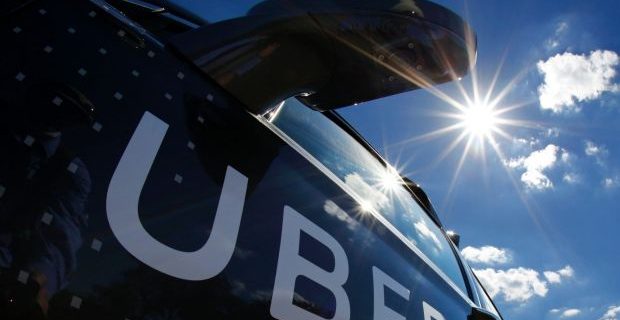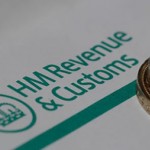Uber faces court battle over VAT bill

Tech giant Uber has been threatened with UK court action over its approach to VAT, which campaigners feel are taking the UK taxpayer for a ride.
While firms providing transport services should charge the standard rate of VAT for each journey, Uber currently accounts for VAT on the basis that it is a business-to-business brand supplying drivers with the service of introducing them to customers – in other words a technology firm rather than a transport provider.
However, this is a stance tax barrister and director of the Good Law Project Jo Maugham believes is not based in reality, and deprives the government of potentially hundreds of millions of pounds a year in lost input taxation.
VAT receipt claim
The Good Law Project (GLP) has started the process of suing the tech firm for a VAT receipt for an Uber journey Maugham took earlier this month, and has delivered a letter before action to Uber as a precursor to legal proceedings.
A GLP crowdfunding campaign is currently raising funds to force its claim to the High Court, and at time of writing is £8,000 short of its £75,000 target.
If Uber issues the receipt it would be liable to account to HMRC for that VAT, and by extension liable to account for VAT on all fares, leaving it with a substantial liability for which it is not currently accounting.
According to Uber’s latest accounts filed with Companies House, in 2015 the firm took more than £115m in fares, which would have raised £23m for HMRC in VAT (if it had been charged).
However, some analysts believe Uber’s UK revenue could actually be around £1bn, but this is disguised by its multinational accounts structure.
Damaging trust in the establishment
According to Maugham the campaign mirrors people’s belief that the government does not behave fairly or treat all business equally in such cases, damaging trust in the establishment.
“In a better world we would be confident that HMRC was testing that proposition and adjudicating upon it,” Maugham told AccountingWEB earlier this week, “but there is lots of evidence that HMRC takes a soft line with big US tech companies, so I don’t think we can be confident”.
A statement from HMRC said: “We don’t discuss identifiable taxpayers. Everyone has to pay the tax due under the law and we make sure they do”.
A spokesperson for Uber told AccountingWEB: “Drivers who use the Uber app are subject to the same VAT laws as any other transportation provider in the UK.”
“it’s not easy to see why Uber has been permitted to operate a tax on contracts”
In October 2016 Uber lost an employment tribunal, which ruled that it was supplying transportation services and that its drivers are considered workers and entitled to holiday pay, paid rest breaks and the national minimum wage.
It has been argued that the current situation is part of the pendulum effect frequently seen in business and transaction-based taxation, with the government scrambling to catch up with new services, and eventually legislation will catch up with Uber and similar firms – but Maugham does not agree.
“Here the VAT principles are relatively settled”, said Maugham. “We’ve known for a long time that VAT is not a tax on contracts, it’s a tax on supplies, and supplies are not always identical to contracts. So it’s not easy to see why Uber has been permitted to operate a tax on contracts rather than, at least if the employment tribunal is right, a tax on supplies”.
Source: Accounting Web





























